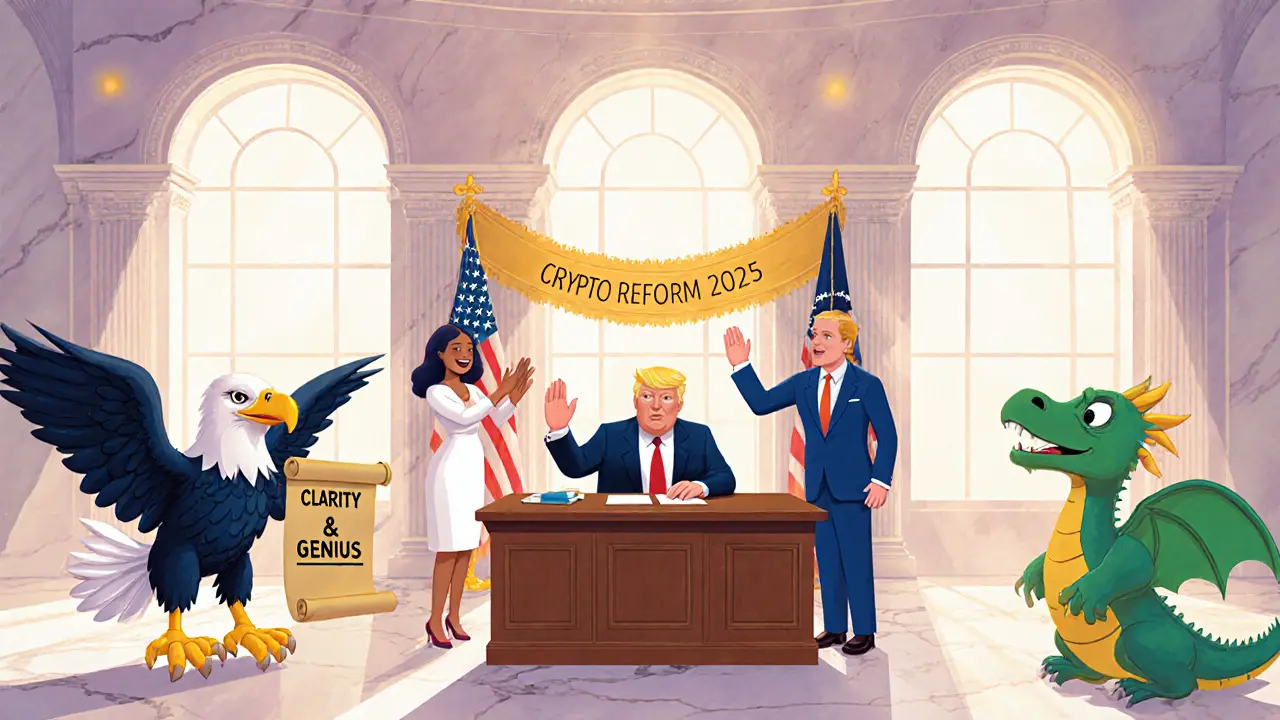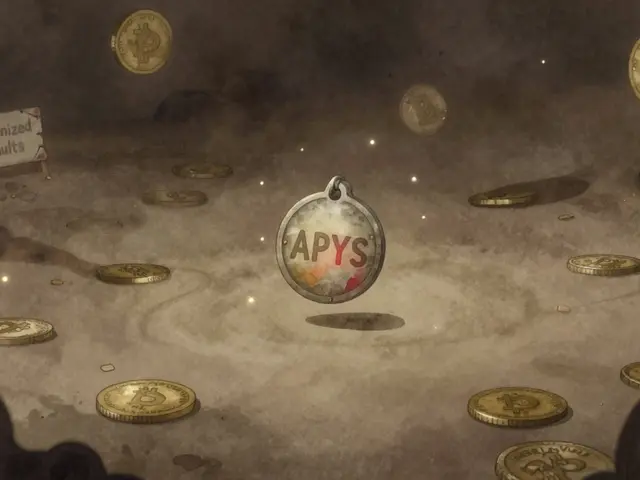CFTC and Crypto: What You Need to Know
When dealing with CFTC, the U.S. Commodity Futures Trading Commission that oversees commodity futures and derivatives, including crypto‑related contracts. Also known as Commodity Futures Trading Commission, it sets the rules that govern how digital assets can be used in futures markets.
One of the biggest cryptocurrency regulation, the body of rules that govern how digital tokens are created, traded, and reported in the United States revolves around the CFTC’s authority over derivatives. This means any platform offering Bitcoin futures or ether swaps must follow CFTC guidelines or risk enforcement. The agency’s focus on market integrity directly shapes token project strategies, especially when they advertise leveraged products.
The futures market, a marketplace where participants trade contracts obligating them to buy or sell an asset at a future date relies on clear contracts, margin rules, and transparent pricing. Because the CFTC defines what counts as a commodity, crypto assets like Bitcoin are treated as such, allowing them to be listed on regulated exchanges. This connection lets traders access crypto exposure without holding the underlying token, but it also forces platforms to install robust risk controls.
Collaboration with the SEC, the U.S. Securities and Exchange Commission that supervises securities markets is another key piece of the puzzle. While the SEC focuses on securities offerings, the CFTC targets derivative contracts. Their joint statements often clarify whether a token is a security or a commodity, influencing how projects launch initial coin offerings or decentralized finance products. This overlap means developers must watch both agencies to stay compliant.
Enforcement actions are where the rubber meets the road. The CFTC has levied fines on exchanges that failed to register futures products, and it has sued firms for market manipulation in crypto markets. These penalties underscore the importance of compliance programs, AML checks, and proper reporting. For traders, understanding the agency’s enforcement trends can help avoid costly legal pitfalls.
For crypto projects and airdrop campaigns, the CFTC’s rules affect token distribution strategies. If an airdrop is tied to a derivative‑type reward or involves leveraged token exposure, it may fall under CFTC scrutiny. Likewise, exchanges that list airdropped tokens must verify that the tokens don’t constitute unregistered futures contracts. This regulatory lens helps explain why many airdrop guides now include compliance checklists.
Globally, other regulators look to the CFTC as a benchmark. The European Union’s MiCA framework, Japan’s FSA, and Australia’s ASIC all adopt similar principles for crypto derivatives. Comparing these approaches shows how the CFTC’s stringent standards often set the tone for international policy, influencing cross‑border trading and the design of multi‑jurisdictional platforms.
Below you’ll find a curated set of articles that dive deeper into these topics— from detailed CFTC enforcement cases to practical steps for staying compliant when launching a token or trading futures. Whether you’re an exchange operator, a DeFi developer, or just a curious trader, the posts ahead give you actionable insights grounded in the CFTC’s evolving landscape.
How US Crypto Laws Evolved in 2025: The CLARITY and GENIUS Acts Explained
Explore how the 2025 CLARITY and GENIUS Acts reshape US crypto regulation, defining digital commodities, investment contracts, and stablecoins.





